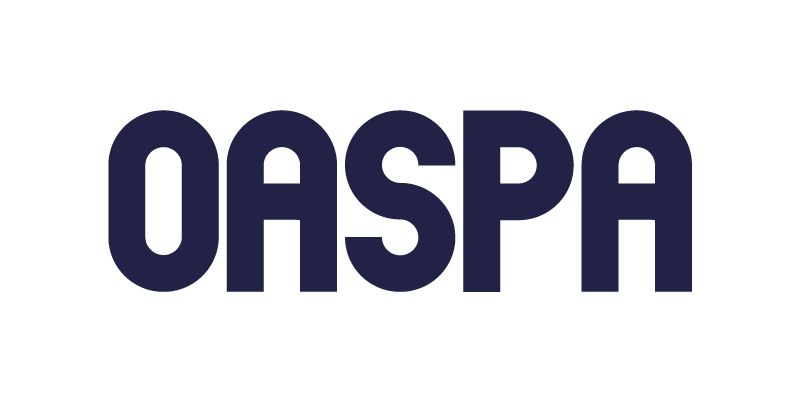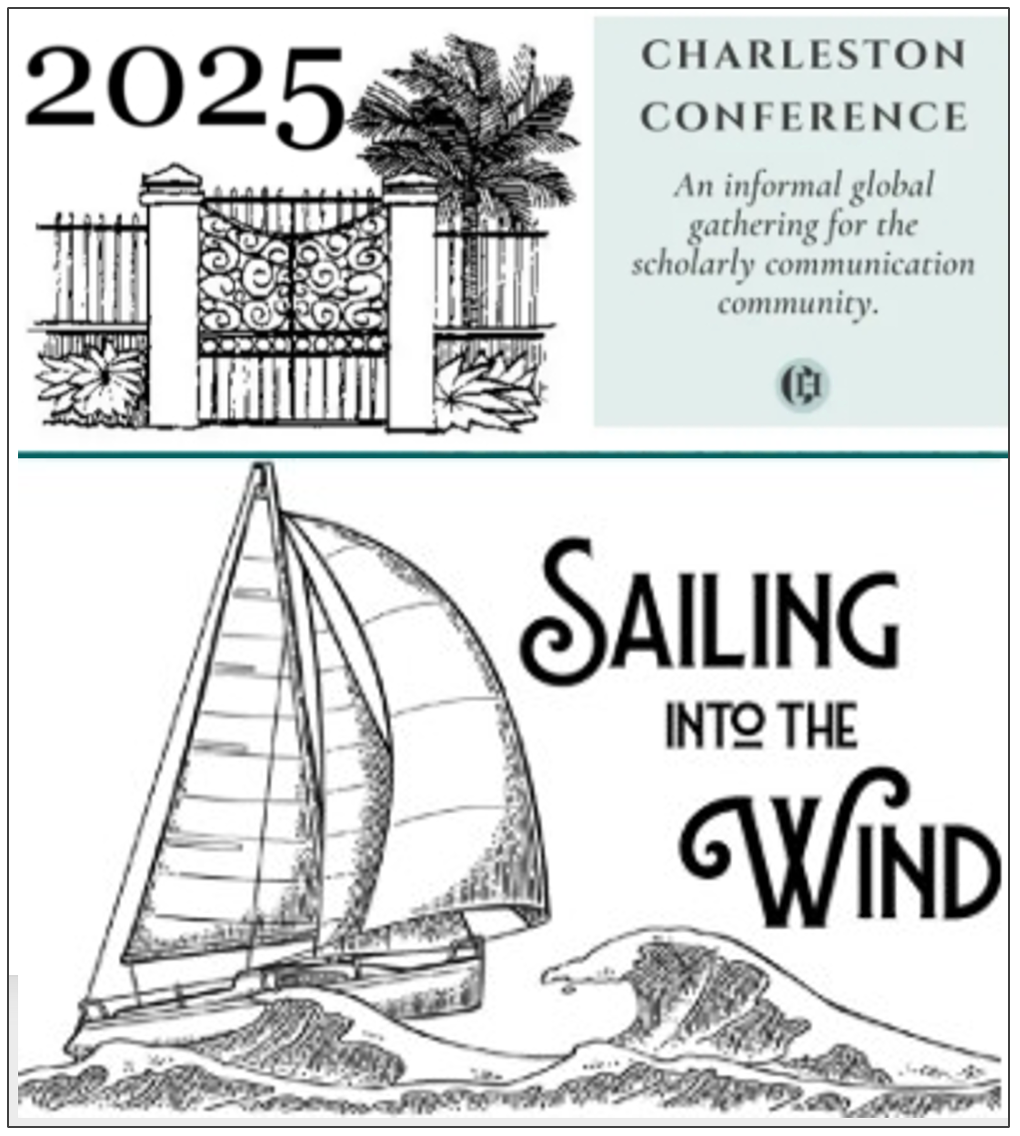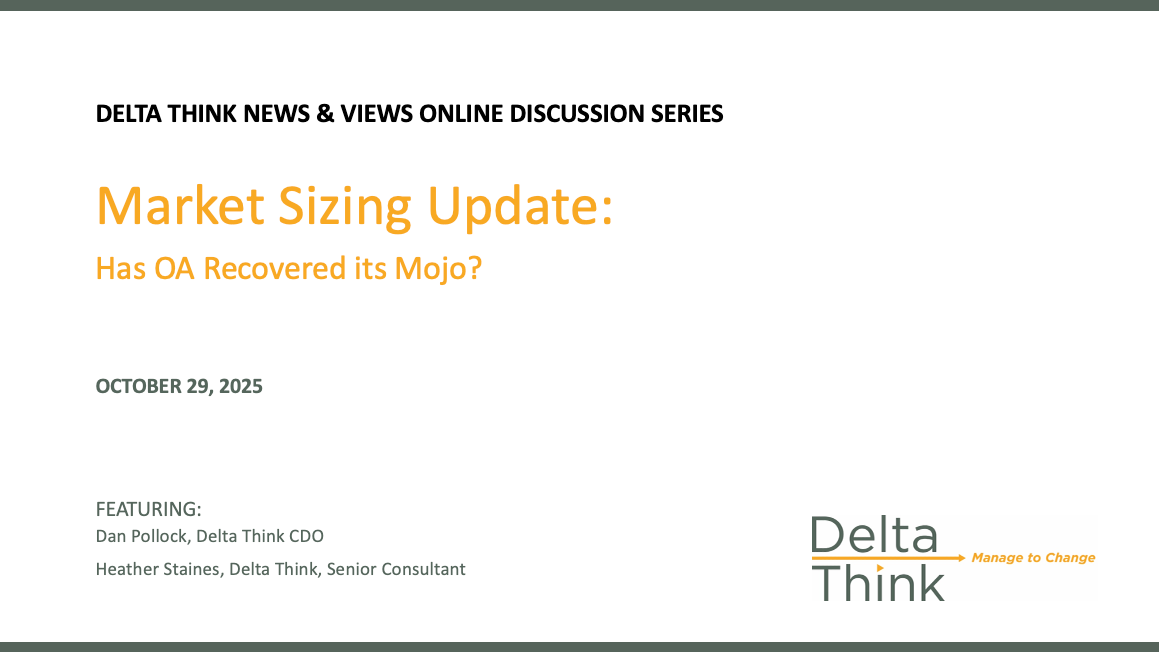Delta Think’s Survey Results: What 13,000 Researchers Revealed About the Fallout from US Funding Cuts
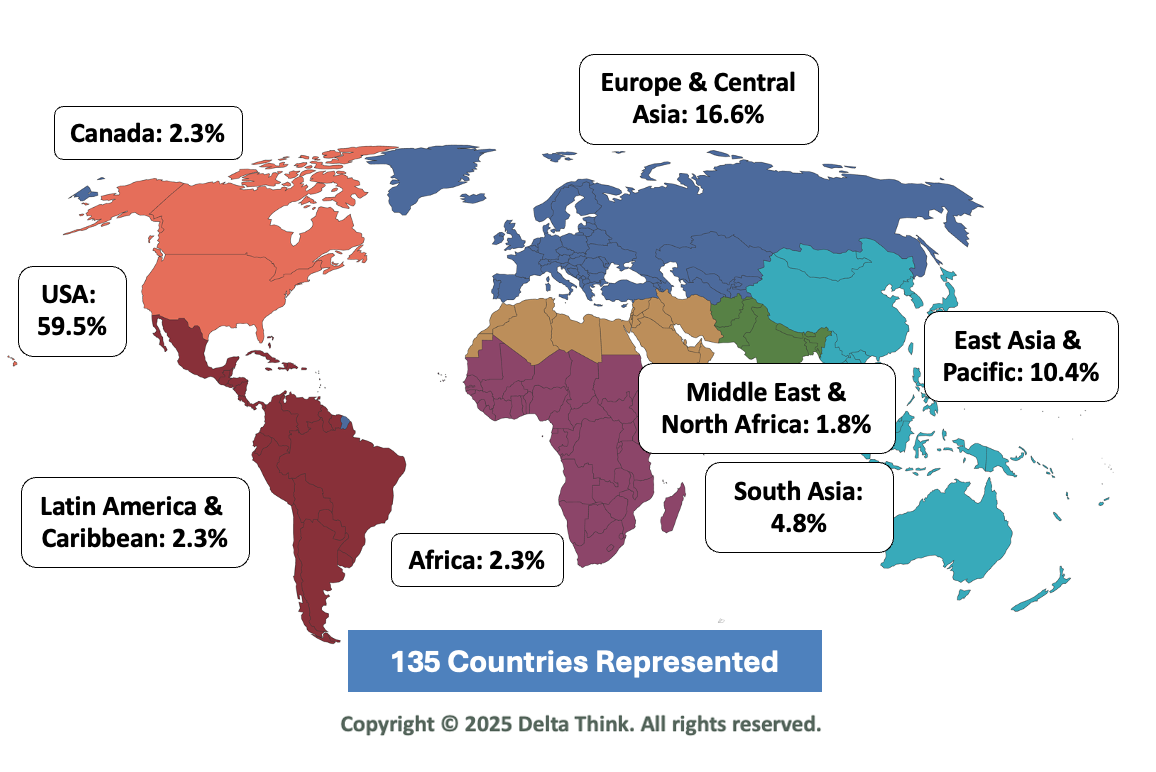
This spring, Delta Think collaborated with 27 professional societies and associations to launch a Global Author/Researcher Survey to understand the ripple effect of US government research funding cuts. Our goal was to explore how researchers are navigating a rapidly evolving landscape, especially as US federal funding and policy decisions cast long shadows over the global research community.
More than 13,000 researchers across every major discipline and 135 countries shared their voices through our survey. While the detailed findings are deep and wide-ranging, one thing is clear: the ground is shifting.
Uncertainty Is Driving Change in Research Behavior
Delta Think deeply analyzed the data by six major disciplines: Health Sciences, Life Sciences, Physical Sciences, Engineering & Technology, Social Sciences, Arts & Humanities. Nuances vary by each main field, but some factors were universal.
US-based researchers are signaling deep concern – and they’re bracing for change. Many anticipate reductions across publishing output, participation in peer review, and conference attendance.
For example, 62% of US authors across all disciplines expect to publish fewer articles in the next 1–2 years, citing policy and funding challenges.
“My research progress is now in ‘conservative mode’ in case funding is pulled from us with no notice. We cannot plan further out and have lost our trust in the federal government.”
Primary Investigator (PI) at a US Academic Medical Center
But the concerning news isn’t limited to the US. International researchers indicated their intention to pull away from US-based journals, threatening to reshape the global flow of research.
In fact, a full 50% of international authors across all disciplines indicated that it is now important to them to submit their manuscripts to non-US journals.
“We're doing everything we can to reduce our connections to the US, including looking for journals to publish in that are not based in the US.”
Mid-Career PI, Biological Sciences, Canada
Top Concerns: What Keeps Researchers Up at Night?
One of the clearest patterns that emerged is the contrast in what researchers view as their most urgent challenges:
- For US researchers, the top concern is straightforward: elimination of research funding. This fear extends beyond specific grants—it reflects a deep anxiety about career stability, institutional viability, and the future of scientific advancement.
- For international researchers, the primary worry is academic freedom and collaboration, with many expressing concerns about losing access to US research infrastructure, data, and professional networks if international cooperation is reduced.
While these represent the top concerns, the survey results reveal many others by discipline, career stage, and other factors, including specific community details for each of the 27 participating societies and organizations upon which to develop their future strategies.
Looking Ahead: Tracking Trends with Fall 2025 Survey
This spring’s survey was just the beginning. Delta Think will conduct a follow-up survey in October/November 2025 to track how attitudes and behaviors continue to shift. This next phase will allow us and the participating organizations to move from snapshot to trend — providing deeper insight into the lasting impact of funding and policy uncertainty.
Joining in for Survey 2 is NOT limited to Survey 1 participating organizations. All are welcome to participate in this next round and have access to the deep data behind these high-level insights and much more.
Turning Ideas into Action
The Delta Think team designed this initiative not just to gather data, but also to support our partners across the scholarly ecosystem. By combining rigorous research design with deep industry context, we’re helping publishers, societies, and institutions make informed, strategic decisions in uncertain times.
If you're interested in learning more about the findings, discussing how they apply to your organization, or joining the Fall 2025 survey, we’d love to connect. Please email Lori Carlin to start the conversation.
